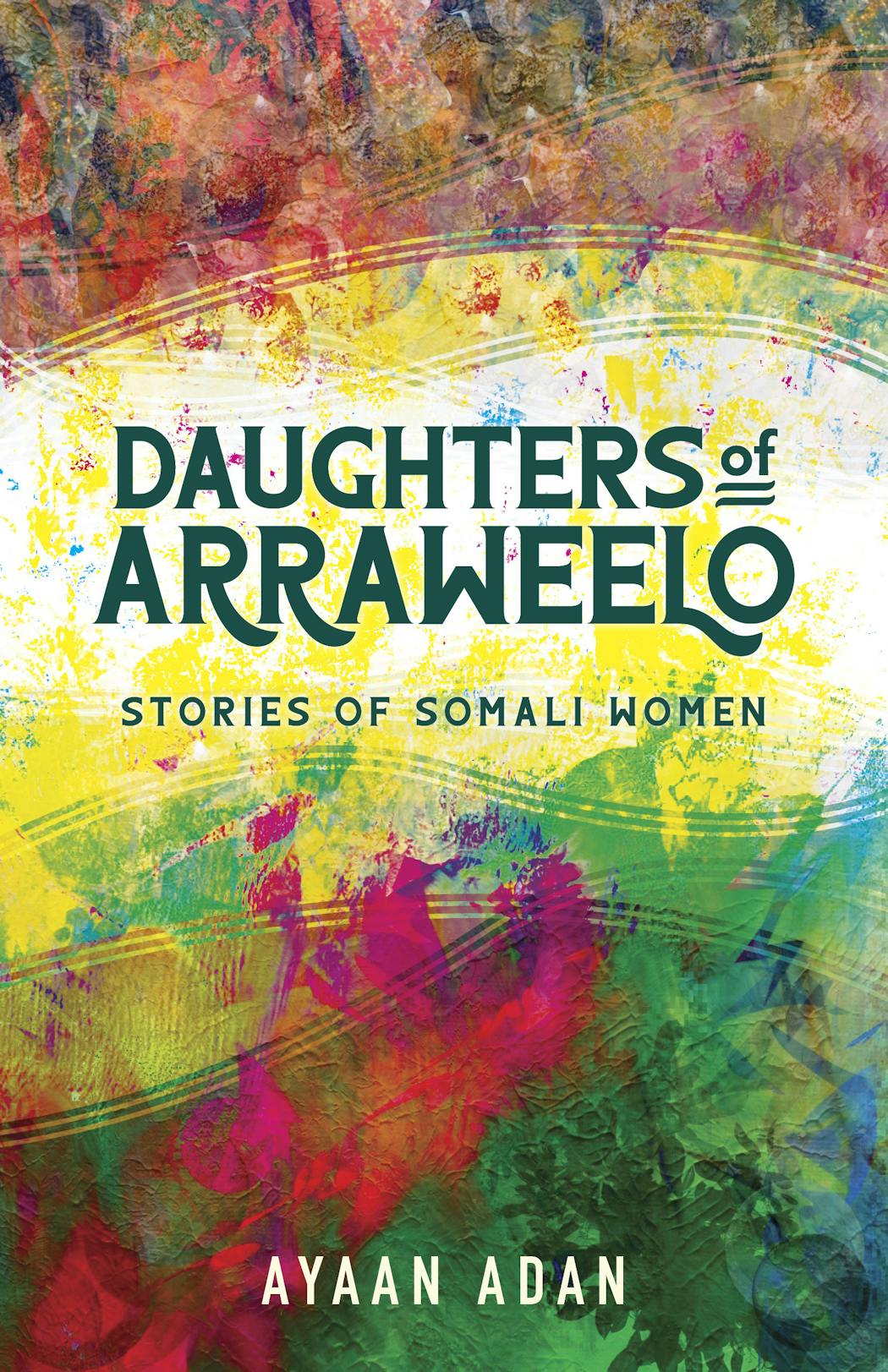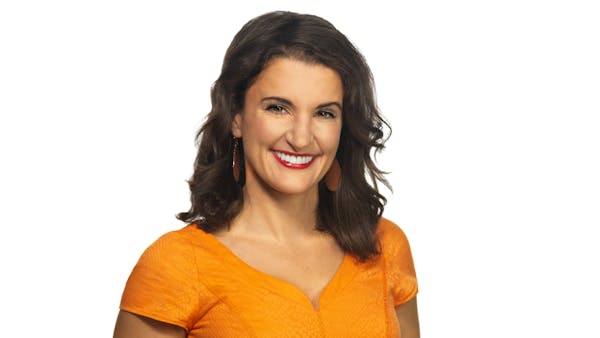The fables passed down about Arraweelo, the ancient Somali queen, vary — depending on who's telling the story.
Was she an eccentric ruler who cruelly targeted her male subjects, or a peacemaker who defended the most vulnerable? Even to this day, men throw stones and women place fresh flowers at the place where she is believed to be buried.
"Arraweelo is a contested figure in Somali mythology," Ayaan Adan told me. "However the portrayal goes, the things that stay common were that she was a strong leader, and stubborn and committed to her cause."
Adan evokes the legendary queen in the title of her new book, "Daughters of Arraweelo: Stories of Somali Women." It's a composite of 14 first-person accounts of Minnesota women interviewed by Adan, a St. Paul writer and community organizer.
She was moved to document these oral histories after noticing how so many narratives in the United States portray Somalis through the lens of violence, trauma and suffering. But everywhere she looked in her community, she found Arraweelo's strength and tenacity, including in women who went on to become scientists, social workers, teachers and mothers.
Meet Amran Farah, an attorney who is one of the first Somali Americans to become partner at a major Minnesota law firm.
Or Qorsho Hassan, a 2020 Minnesota Teacher of the Year who describes feeling alienated in school until one teacher saw her potential and "made me feel seen in the classroom."
Or Aisha, a young woman who tracked down the father who abandoned her — only to learn he had become a wonderful dad, just not to her.
"This isn't supposed to be a representation of the Somali story, but a collection of Somali women who share their experiences and show the richness of our stories," said Adan, who agreed to grant pseudonyms for many of her interview subjects. "There are tons of similarities that these women experienced, but there are also a lot of differences. That's the shortcoming of the single story — you lose the fullness and the complexity of an individual."
Adan was born in Somalia. She moved to the United States with her family when she was young and grew up mostly in Eden Prairie. She's familiar with the practice of grown-ups giving the most headstrong girls the nickname of Arraweelo as a "disapproving tease," as she notes in the book's introduction.
"I was definitely called that once or twice," she told me with a laugh.
Themes of faith, education and a sense of being underestimated permeate many of the stories. For example, Farah, the attorney, recalls how her father, a math teacher, demanded academic greatness from his children. But Farah says she faced lowered expectations from teachers and school administrators. In the book, she remembers how during a class read-aloud, the substitute teacher gave her a pass when it was her turn, assuming she must have been a poor reader.
Adan says those stories resonate widely.
"People can relate to both sides of that — parents who value education and push their kids to excel, and going to a school where there are excuses given to you without knowing your true potential," she said.
Some of the most gratifying feedback she's received has been from Somali American women who tell her they wish they had this book while growing up.
Adan says she sees beauty in the way many community members remain attached to their faith, and confident in their culture.
"I wanted young people who are working toward that confidence to have a peek of that — to see women who are actualized, amazing mothers and sisters," she said, "who are doing great things for their community or who are pioneers in their fields, living rich lives full of meaning."
If you go
An in-person book launch for "Daughters of Arraweelo: Stories of Somali Women" will be held at 7 p.m. Feb. 24 at Open Book, 1011 Washington Av. S., Mpls.
The discussion will be hosted by writer and educator Carolyn Holbrook with author Ayaan Adan and guests Qorsho Hassan and Kaltun Karani, who are featured in the book. Hassan was the 2020 Minnesota Teacher of the Year, and Karani is the founder of Hikma Academy.

Yuen: Love is blind in Minneapolis — if your sister approves

Yuen: Retiring P.E. Teacher of the Year got thousands of kids up on skis

Yuen: What does it mean to be 'spiritual,' if not religious, in Minnesota?

Yuen: Trump's anti-DEI rampage hurts future teachers — and kids




